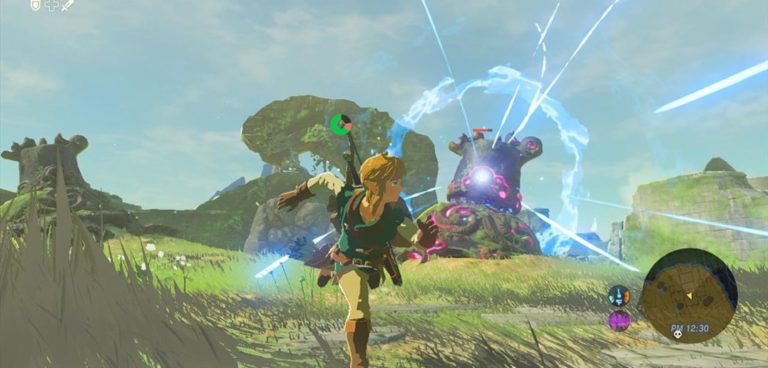When you teach a course in video games and run an event like Playing for Pets, you get a lot of questions about, “Played anything good lately?” Why, yes, I have. It’s been a truly remarkable year for games. One might even compare it to a year like 1998, which gave us classics such as The Legend of Zelda: Ocarina of Time and Metal Gear Solid.
Wherever it ends up being ranked, it’s clear it was a great year with titles that will prove transformative for the industry. The Switch marked both the return of Nintendo as a force in the industry, and a rethinking of what console can be. PlayerUnknown’s Battlegrounds rocketed from obscurity to becoming one of the best-selling and most played PC games of all time–all in less than a year. Lastly, and most importantly from my perspective, games grew up. We started to get deeper narratives that pushed our expectations of the stories games can tell. That has me very excited to see what 2018 brings.
Without further ado, below are my ten favorite (not necessarily best) games of 2017, with a few special acknowledgements.
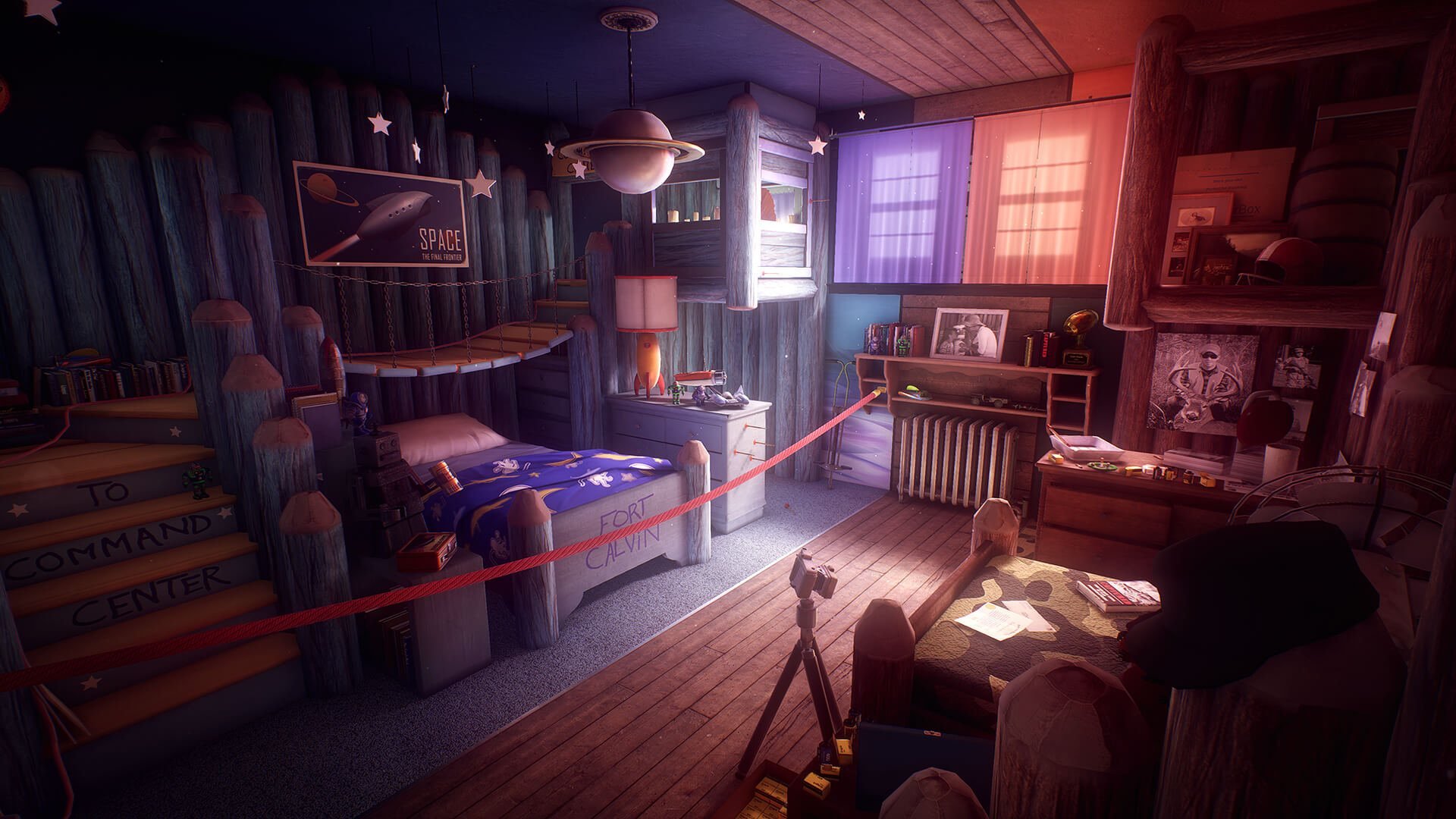
Best Walking Simulator
What Remains of Edith Finch (PS4, XBO, PC)
While not technically a walking simulator in genre, Edith Finch certainly echoes classics of the genre like Gone Home and Firewatch. The wildly imaginative architecture of the house gives way to a story about loss and moving on with what truly remains. A gem that just about anyone can pick up and play.
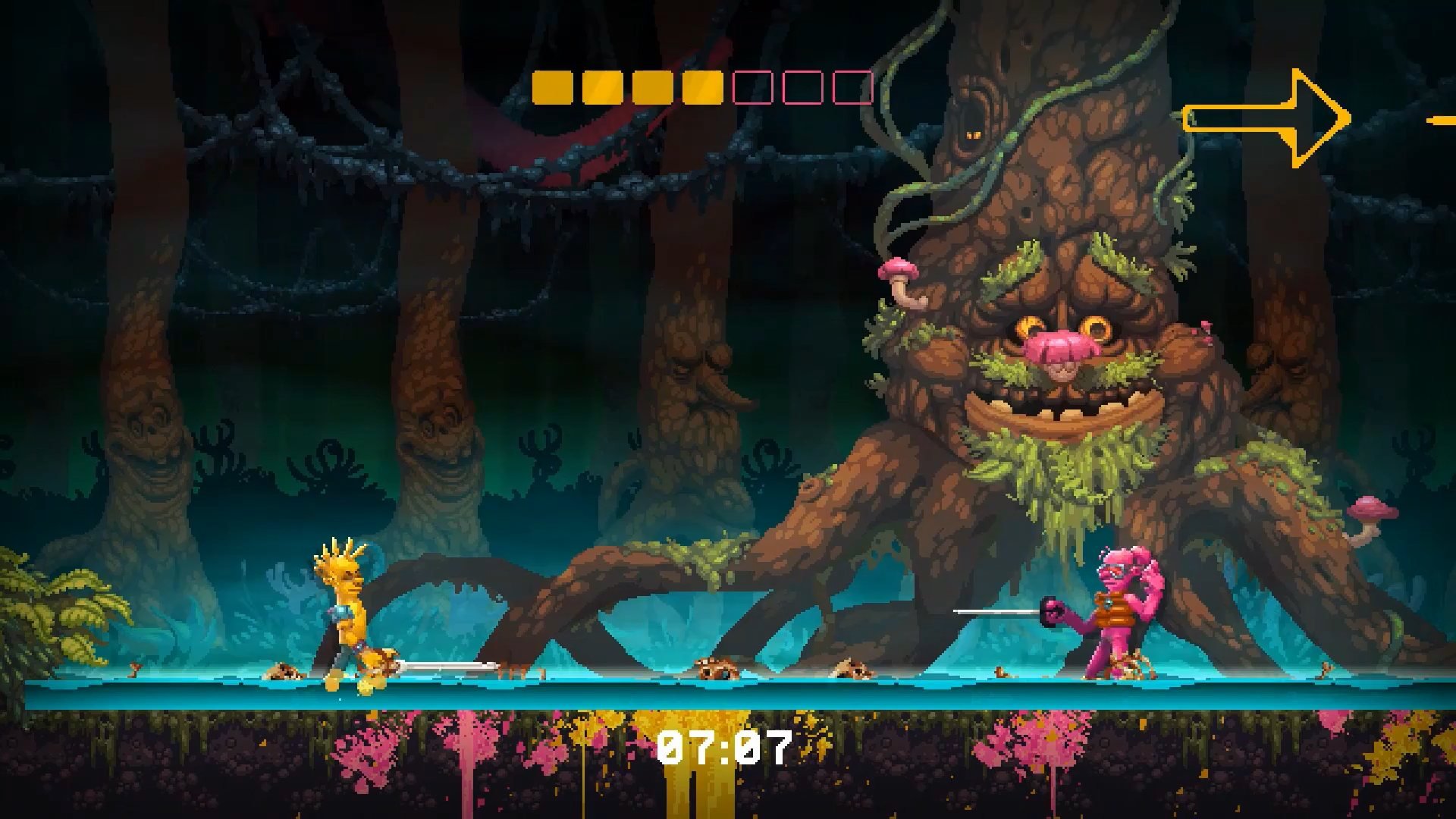
Best Multiplayer Game
Nidhogg II (PS4, PC)
The original Nidhogg is just about the perfect two-player game. When first announced, its sequel seemed to offer too little to be worth it, but the extra weapons turned out to add much needed depth. It’s not only the best multiplayer game of the year, but one of the best out there.
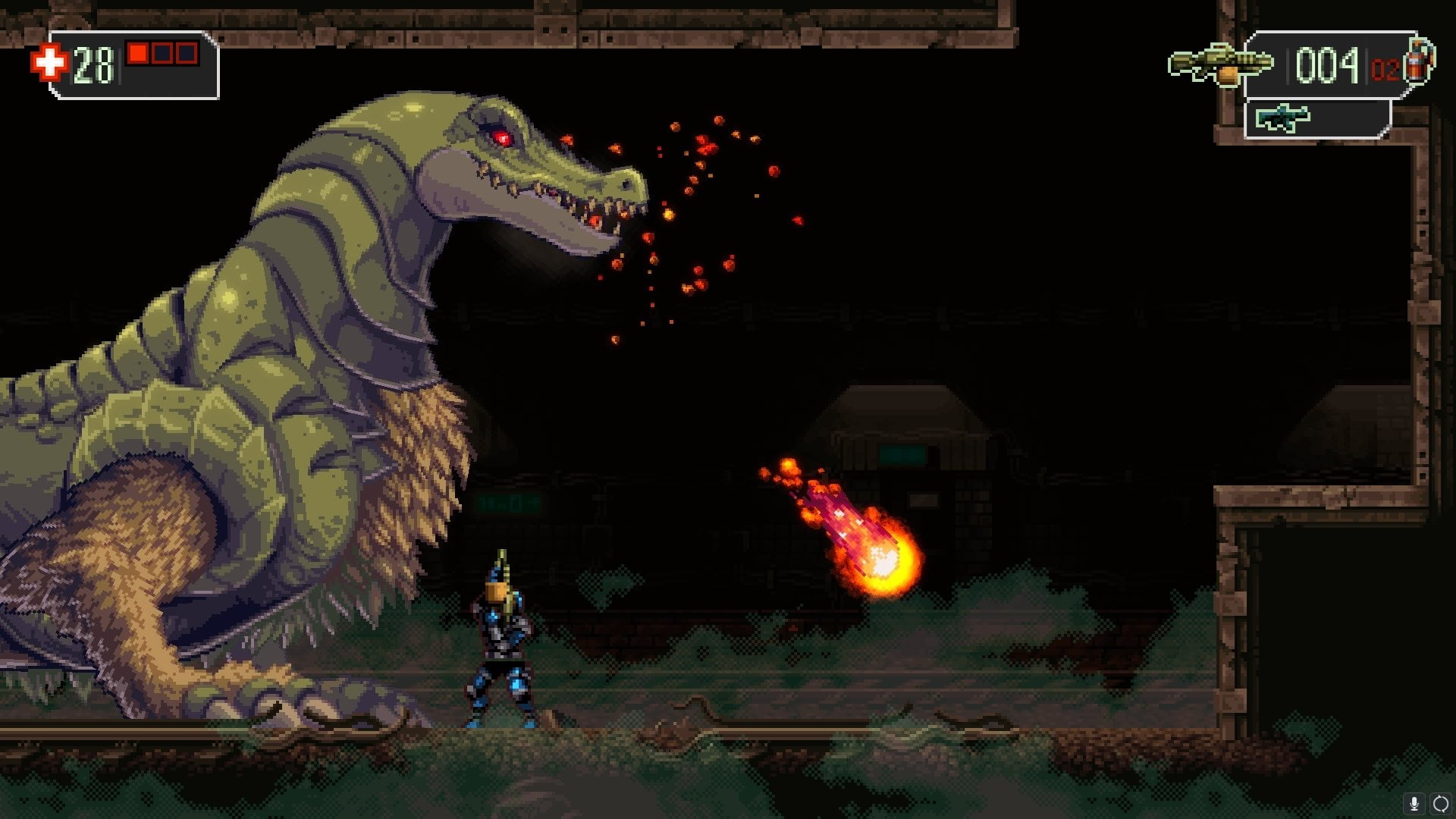
Best Game Based on a Terrible Film
The Mummy Demastered (Switch, PS4, XBO, PC)
The Mummy film starring Tom Cruise was a mess. The announced tie-in game looked to be equally disastrous. Then it came out as a Metroidvania style shooter with some fun Rogue-like quirks that turned it into one of this year’s most surprising titles.
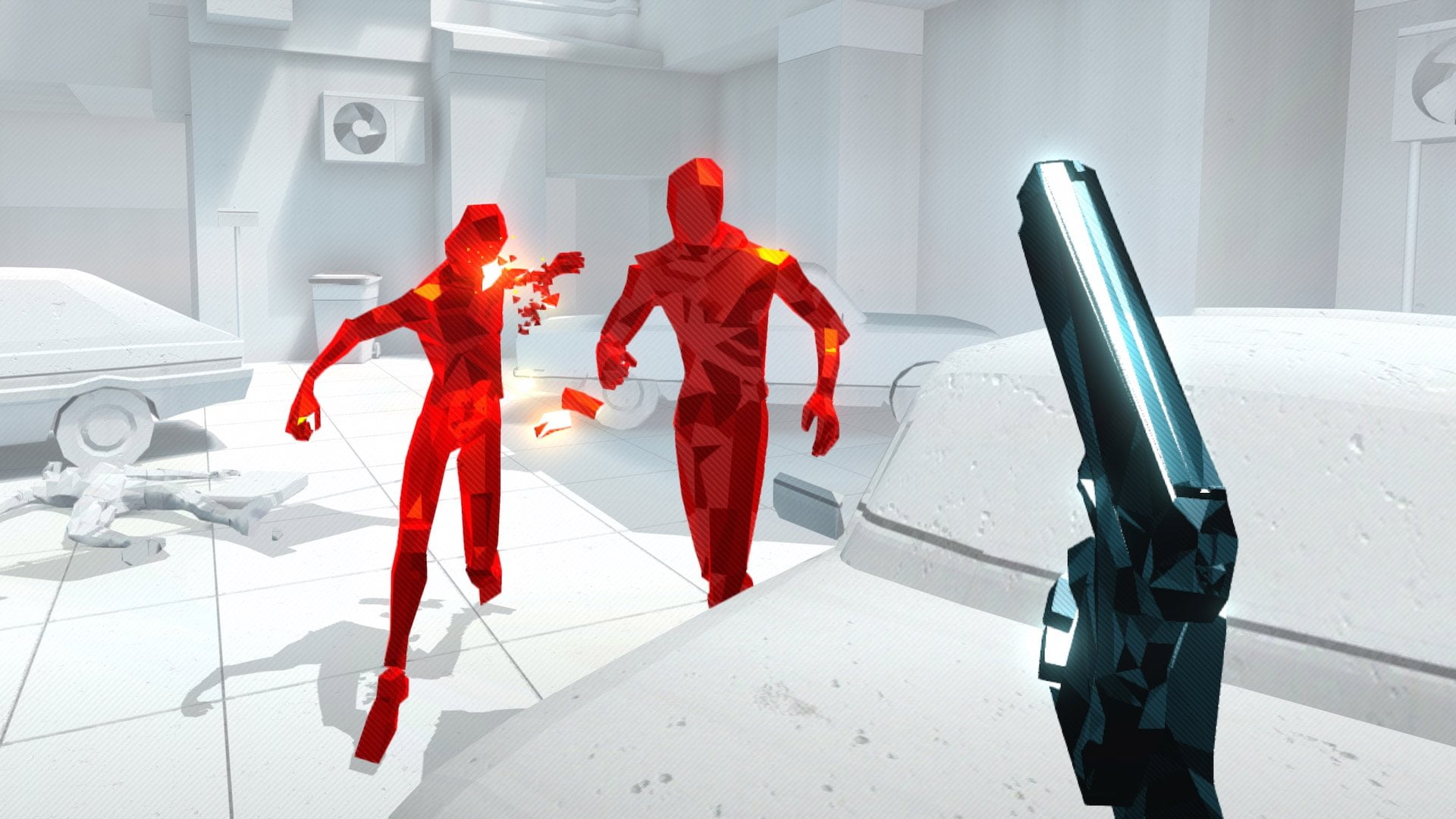
Best Virtual Reality
Superhot VR (PS4, PC)
Virtual reality titles have certainly been hit or miss over the last couple of years with most feeling like glorified tech demos. Adapting Superhot, one of my favorite games of 2016, into VR turned out to be even more fun than I could imagine. Its Matrix-style time-stopping conceit works so well that it feels like this was the way the game was always meant to be played.
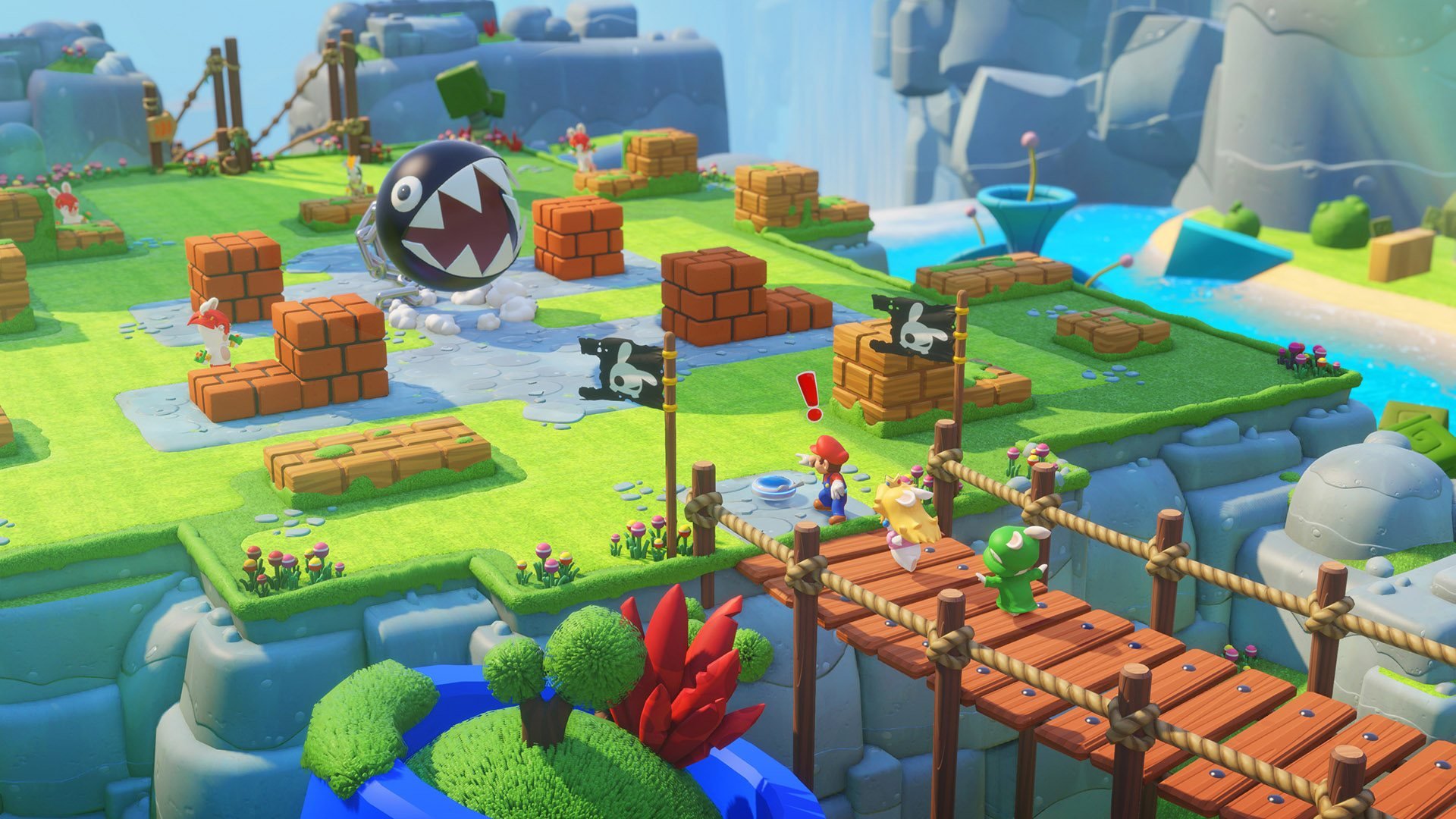
Best I Can’t Believe This Game Works
Mario + Rabbids Kingdom Battle (Switch)
For the uninitiated, the Rabbids were the much cooler cousin the Minions copied. Even given that, teaming them up with Mario for an X-Com style strategy game sounds like a terrible idea. Somehow, it works exceptionally well as a Switch game you can play in bite size settings.
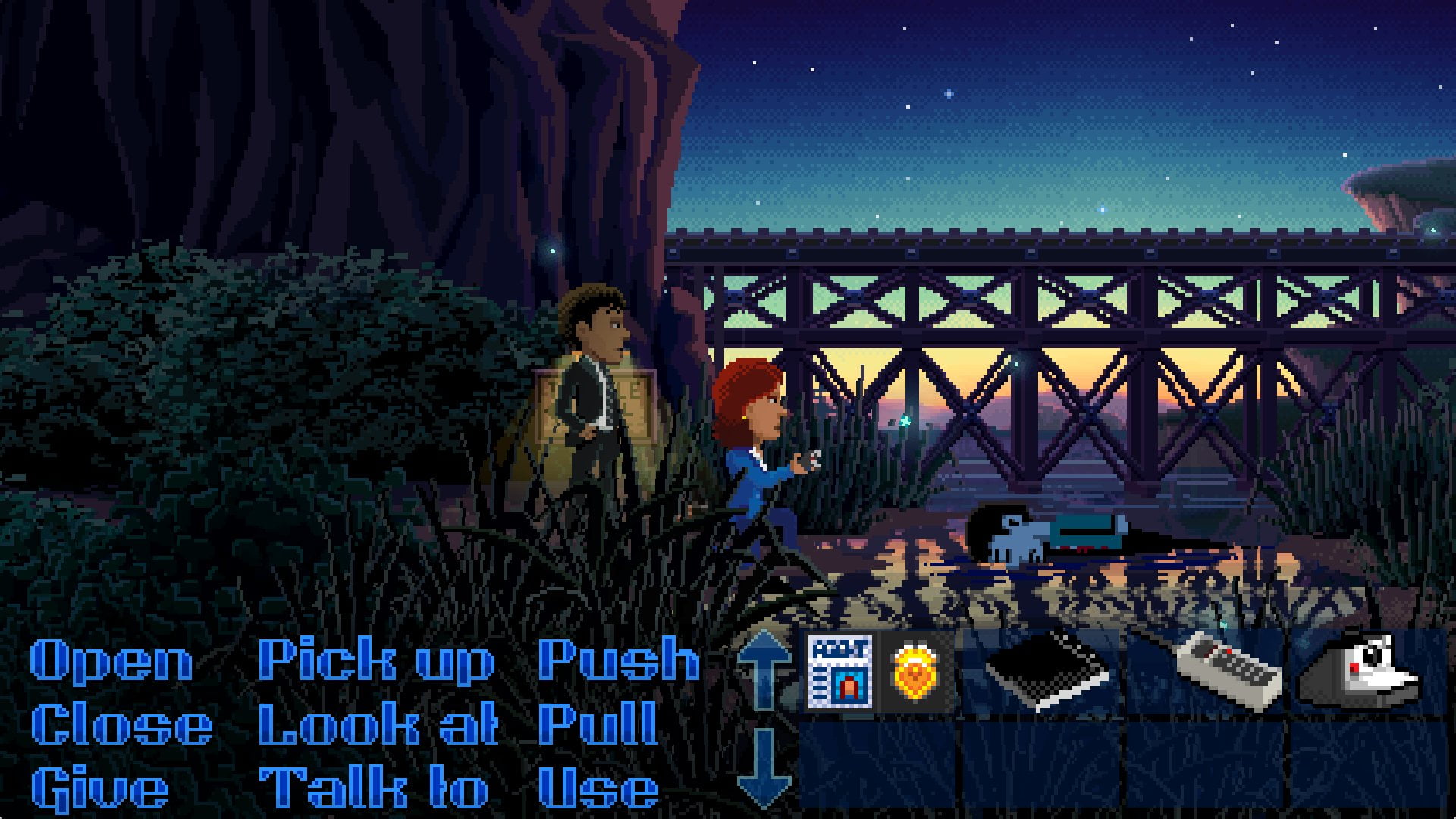
Best Throwback
Thimbleweed Park (Switch, PS4, XBO, PC)
Take the classic LucasArts adventure game formula of ingenious puzzles with screwball characters, add in some Mulder and Scully doppelgangers and stir with some modern game design to get this thoroughly charming title that many overlooked.
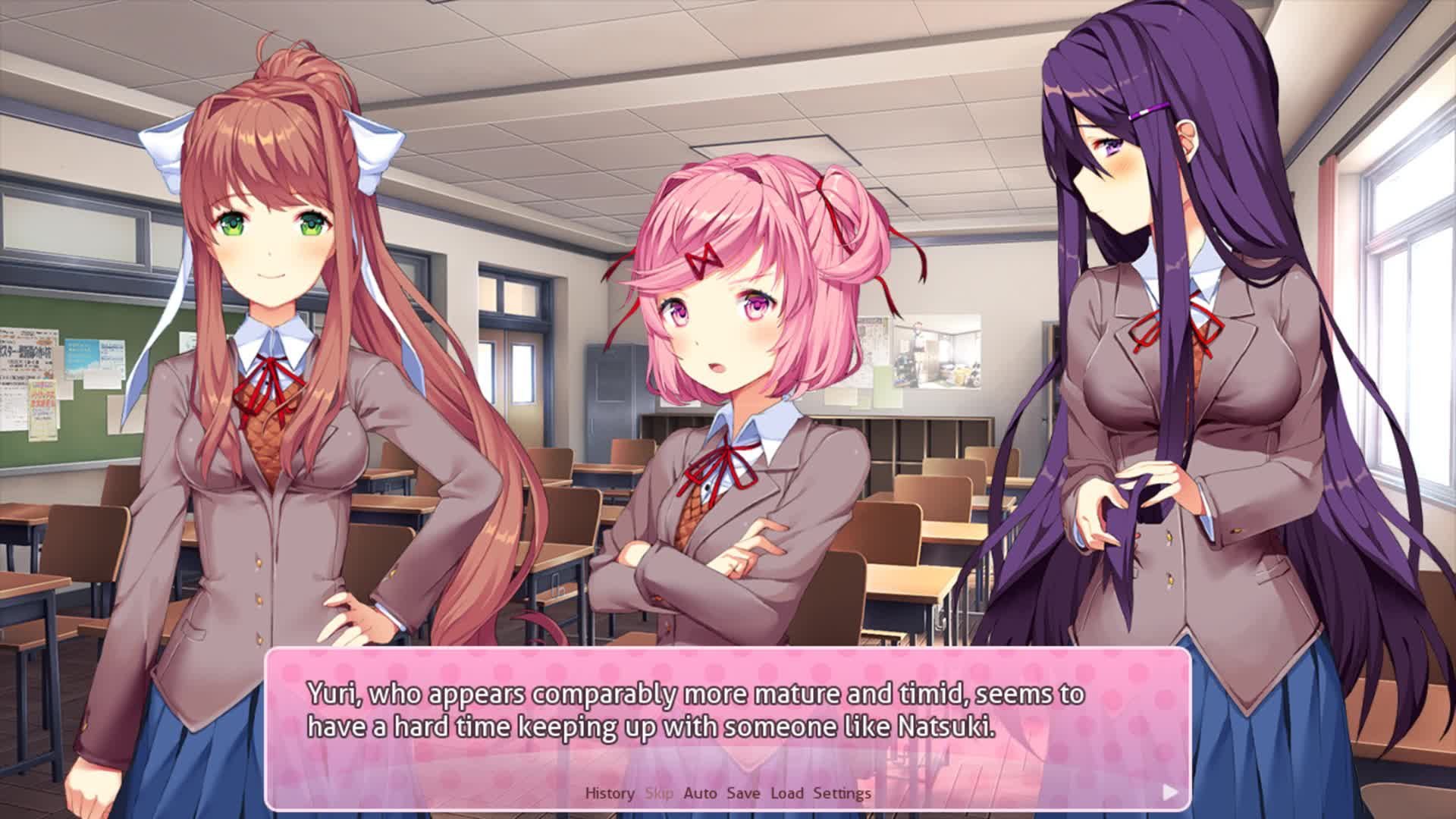
10. Doki Doki Literature Club / Dream Daddy: A Dad Dating Simulator (PC)
Personally, there’s no bigger surprise on my top ten this year than these two games. I don’t even know how to begin to explain them to the uninitiated. They’re basically visual novels crossed with dating sims. Both are genres that have just plain never interested me (outside of ones featuring pigeons). So, what changed?
Doki Doki Literature Club is hard to explain without giving too much away. It focuses on your interactions with four high school girls and while everything starts out glossy and bubblegum pink, the game takes several decidedly dark turns before leaping right off a bridge. Along with Hellblade, few games did more to shatter my expectations of genre this year. It’s available for free on Steam, but read nothing more before you play it. And while it takes a couple of hours to get into, trust me—it’s worth the journey.
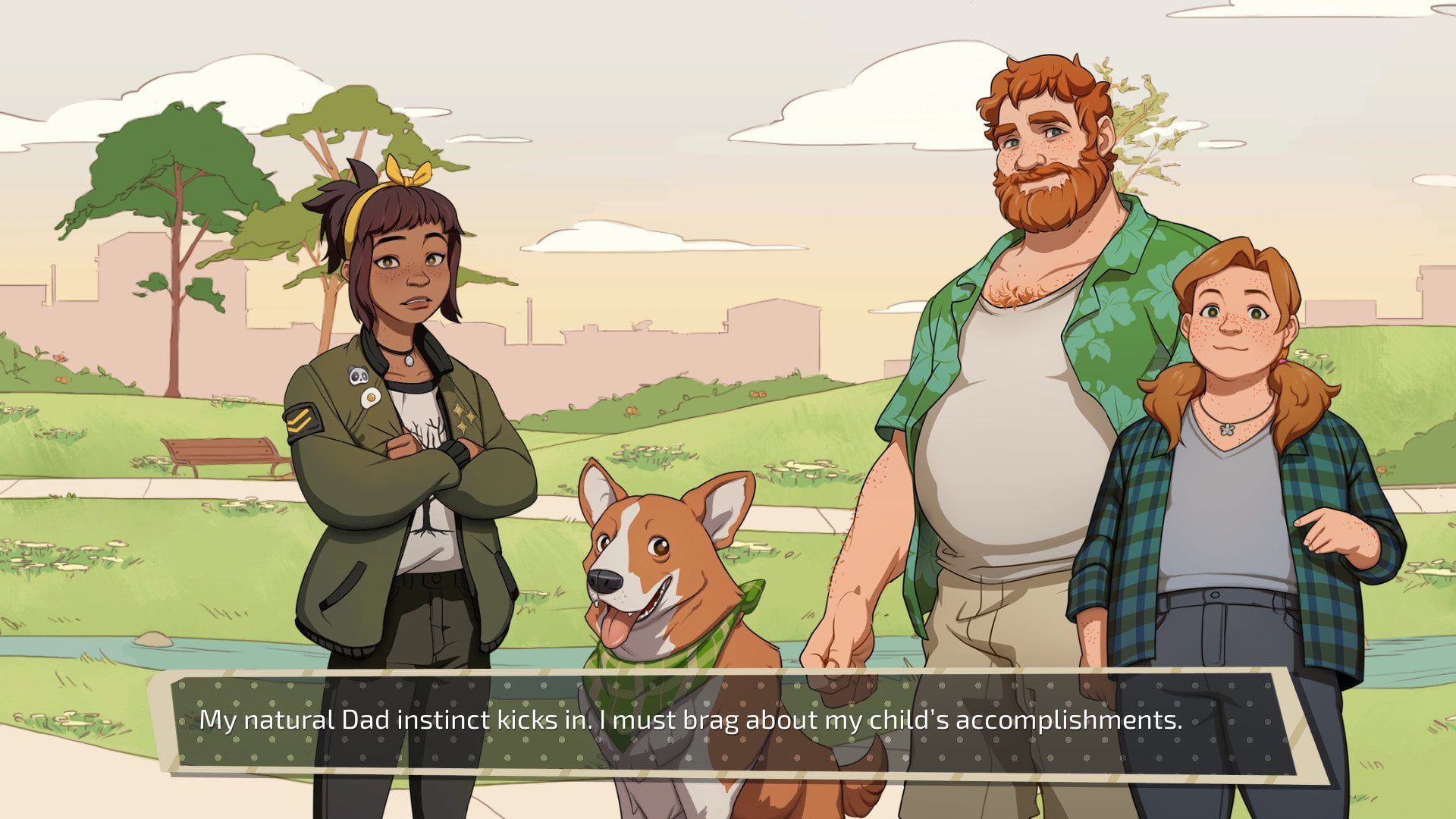
Dream Daddy, while mixing genres as well, is about as far away from Doki Doki Literature Club as one can imagine. For some fun, peruse the Steam reviews on this game and you’ll notice quite a few begin something like, “I’m totally straight, but—I loved dating dads in this game!” It really is a dad dating simulator, but one showcasing some of the best writing of any title this year. Everything in the game oozes with an unforced, earnest joy. One of the first things I did in the game was get caught up in a bragging fight with another dad about our daughters that devolved into a Pokemon-style matchup (childhood art is very effective bragging material).
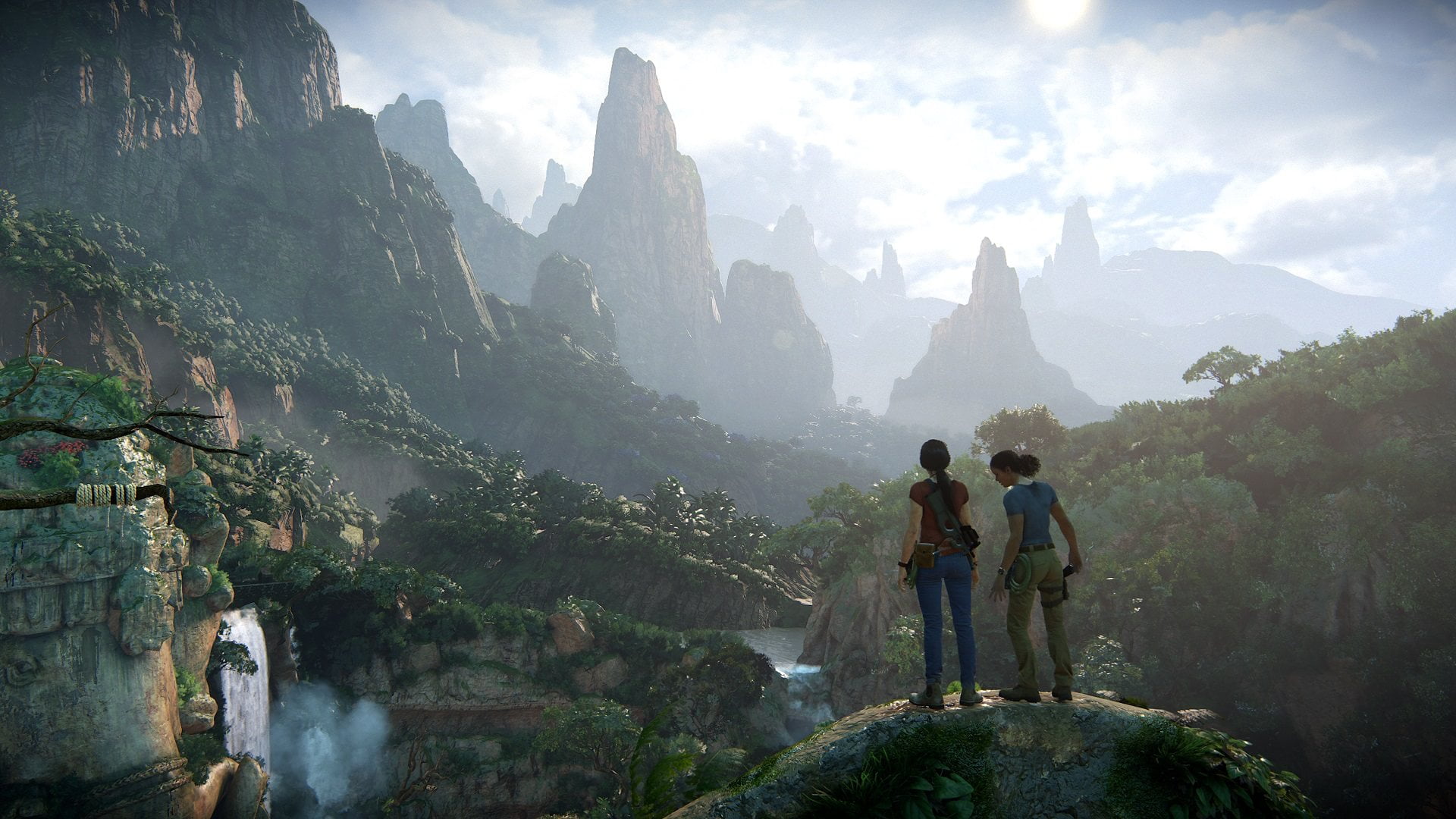
9. Uncharted: The Lost Legacy (PS4)
Last year I made out this list and had to eat crow over Uncharted 4. It wasn’t that I thought it would be a bad game, but I did expect it to be entirely unnecessary after Uncharted 3 seemed to wrap the series with a tidy little bow. I was wrong—Uncharted 4 was one of the best games of 2016.
Then, they announced single-player downloadable content that eventually morphed into a standalone game—Lost Legacy. That sounded fine, but necessary? Hardly. Finally, this was one Uncharted too far. Here I am eating crow again. Ditching series star Nathan Drake was just the shot of adrenaline the series needed.
Chloe and Nadine are a fun duo whose love/hate relationship spices up gameplay that, minus a few key sequences, is certainly showing its age. The more open world sections certainly hint at what a true reinvention of the series could look like. Thankfully, for another year, being familiar doesn’t disqualify it from being great.
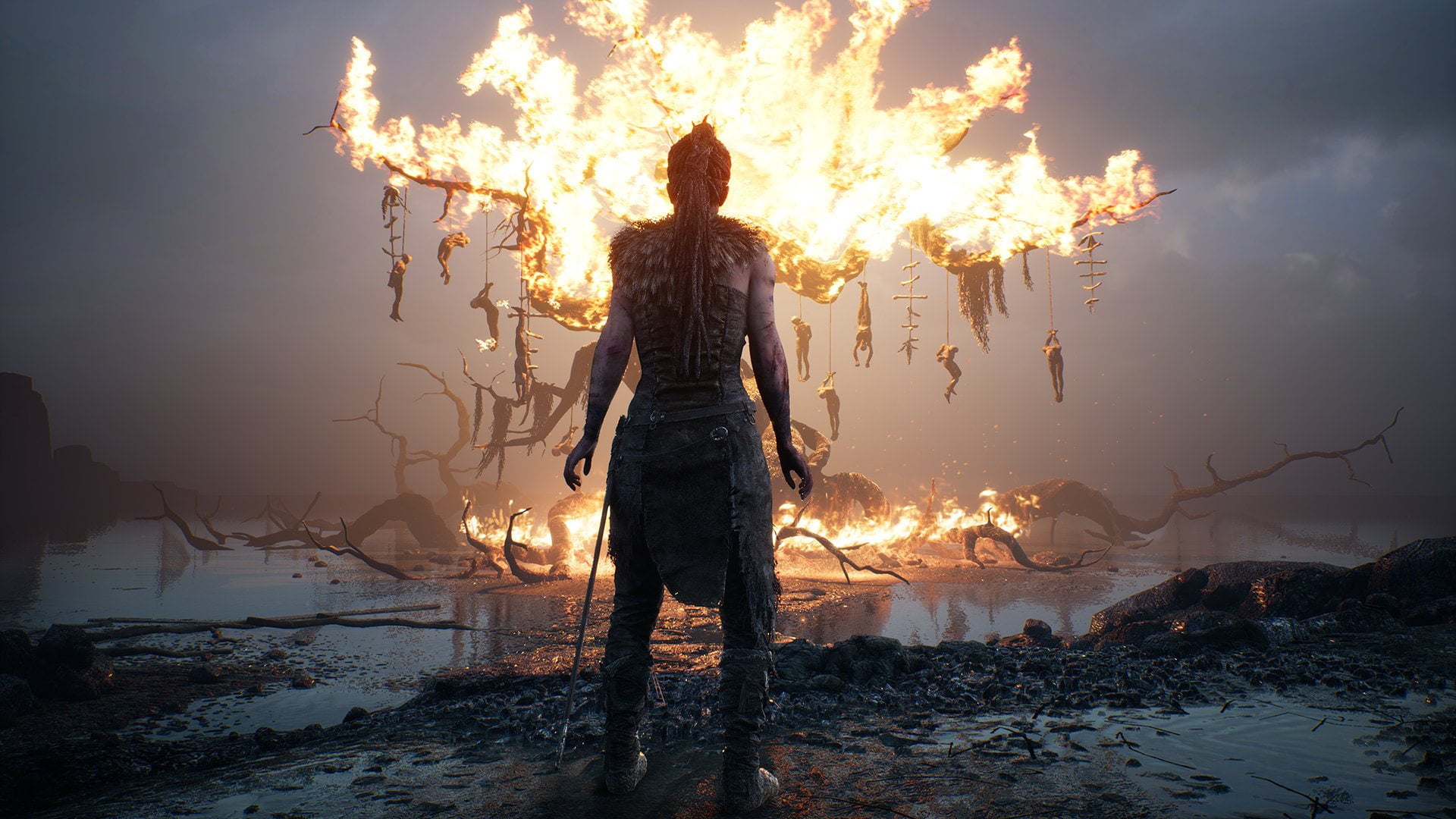
8. Hellblade: Senua’s Sacrifice (PS4, PC)
While I have long admired the developer of this game, Ninja Theory, for their varied attempts at different games, I’ve never quite felt it all came together. Hellblade changed all that. This is a super small game in scope, but it packs the production values of a AAA blockbuster.
It’s a slow, methodically paced game with a gruesome, depressing landscape. The environment is ravaged with disease and there’s more than one random skull strewn about. It’s a great example of environmental storytelling that so many other games get wrong. The world ties into the theme.
And what a theme it has. It would be selling it short to write it off as simply about mental illness, as the game is much more relatable to everyone than that. It’s about the self-doubt so many feel and how that plays out in this warrior culture. In many ways, it feels like it accomplishes what the Assassin Creed games have tried for many years–telling a story out of time that’s as relevant to us today.
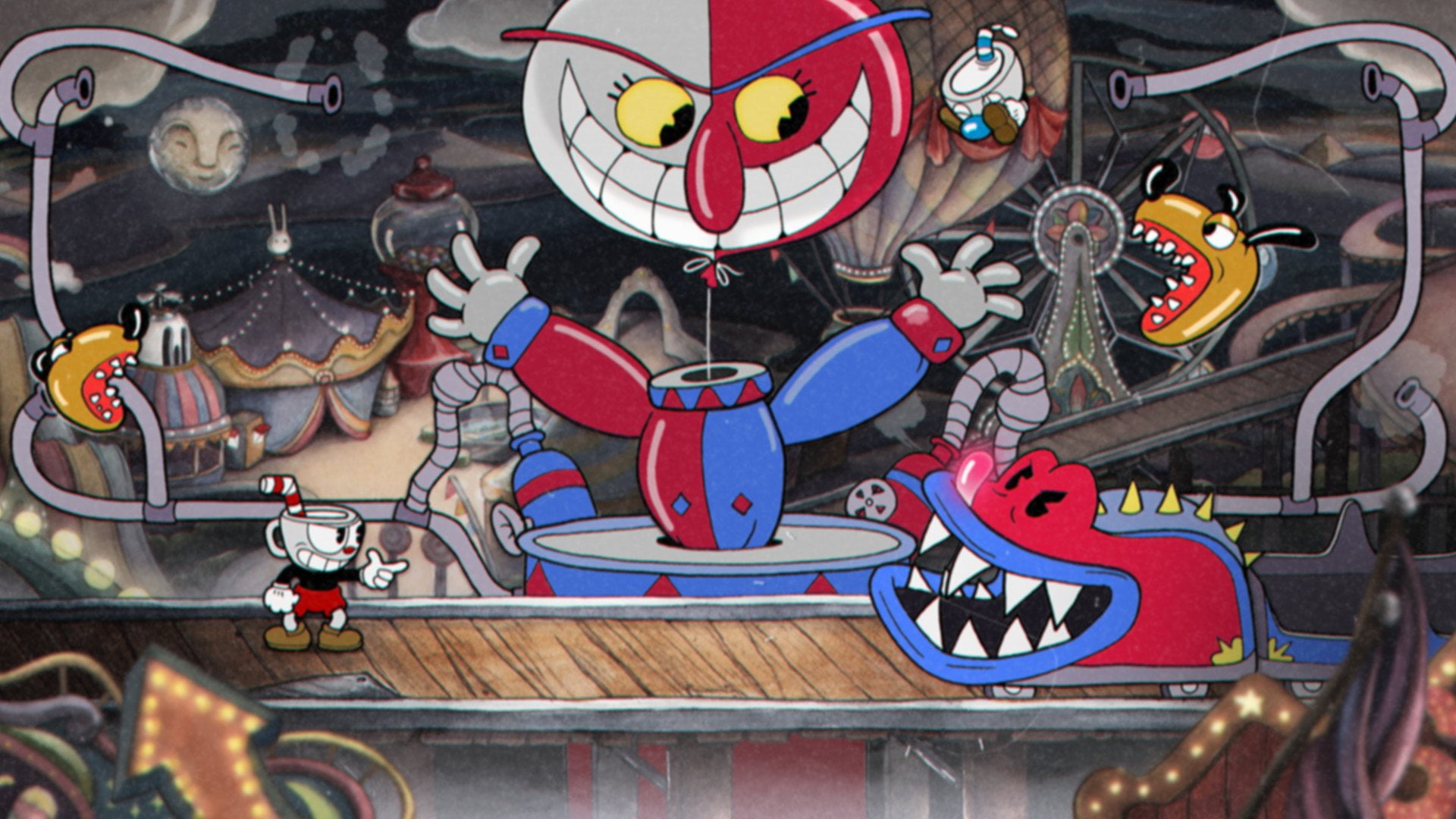
7. Cuphead (XBO, PC)
The first time the world saw Cuphead was part of a sizzle reel for new games coming to Xbox One. No one could talk about anything else than Cuphead. It looked unlike any game we’d seen before. It looked like a cartoon come to life.
What we didn’t know then was that Cuphead’s gameplay could almost match its presentation. It’s an intense platformer shooter in the grand tradition of classics like Contra–only, possibly harder. If there’s one knock against the game, it may be that difficulty level. The great graphics will certainly attract those not ready for its intense level of challenge.
Oh, but that presentation. No game looked better this year. Its cartoon graphics grab hold of you and pull you into its world. You can’t wait to see the next screen-filling boss. Every enemy is so lovingly crafted that each one is memorable. It’s a rare feat in today’s climate of open world games where so many details are forgettable. You’ll never forget Cuphead (and Mugman!).
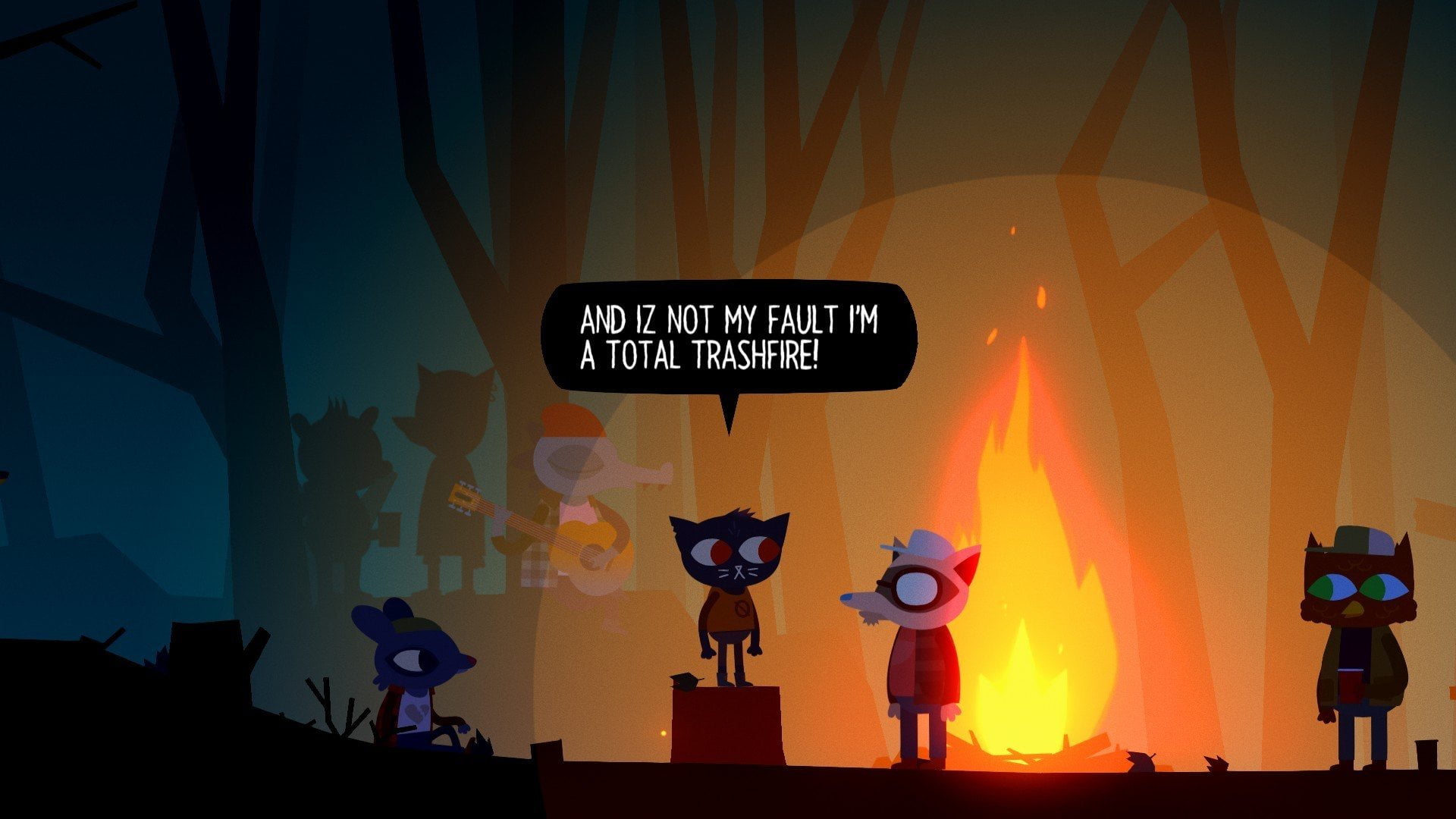
6. Night in the Woods (PS4, PC)
You might notice a developing trend where I say I fell in love with the characters or world of a game. That’s certainly not the norm for me, but Night in the Woods accomplished it better than any other title this year.
Set in an anthropomorphized small town, you play as Mae–a cat who dropped out of college. If that sounds cutesy, the art style definitely is, but that’s at least somewhat misleading. The world is very grounded. Not in that gritty video game or cable drama way, but in a manner, that makes these characters, whiskers and all, feel like real people you know.
Plus, they interact like real people. Sometimes they’re mean to one another. Sometimes they’re not very likable. Through it all, however, the game weaves a charm on you as the player. I ended up deeply caring for the game’s characters. I became wistful for our time together. I still think about them. Great novels do that, and it’s even rarer for movies. I can’t believe a game did it.
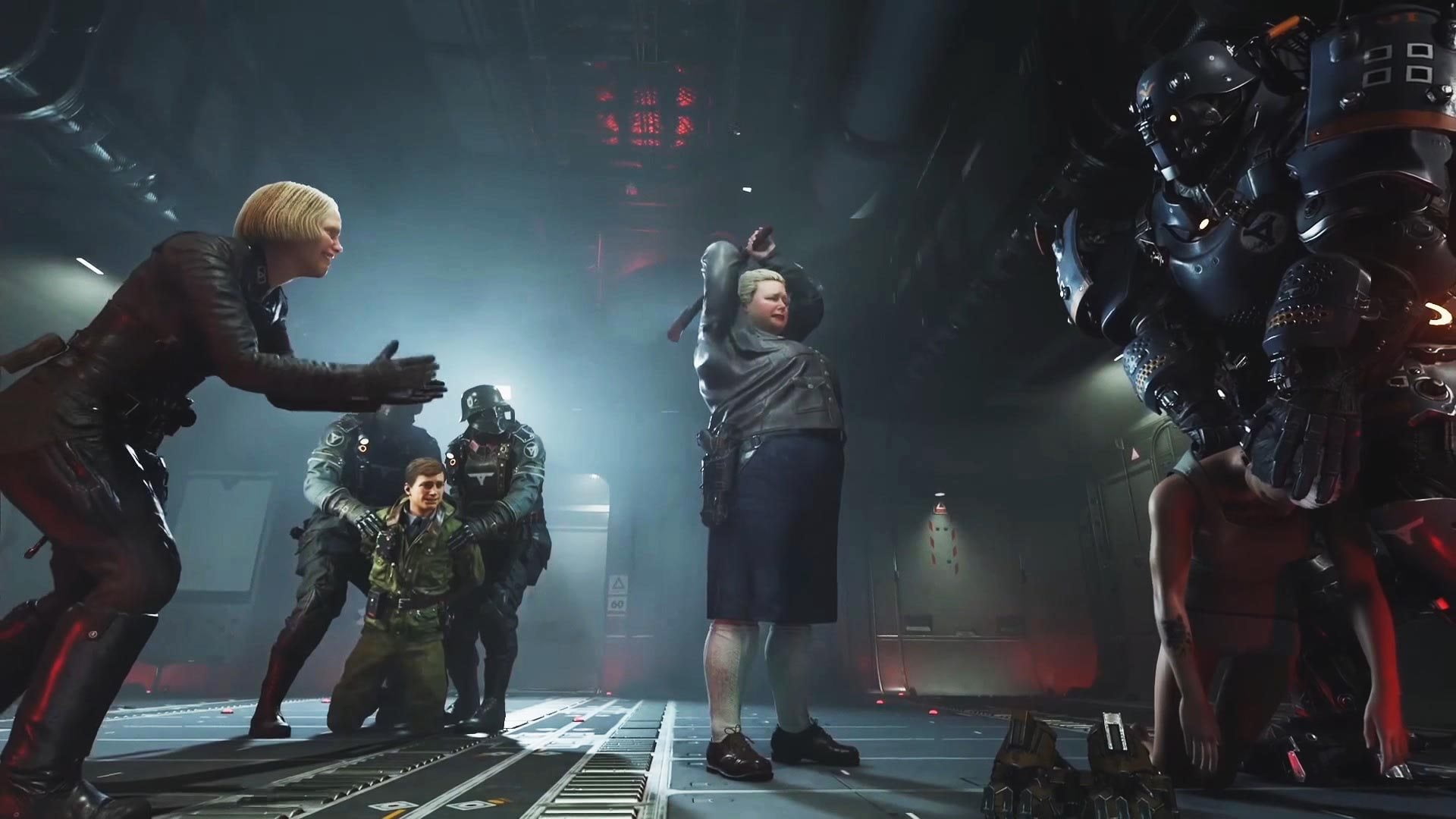
5. Wolfenstein II: The New Colossus (Switch, PS4, XBO, PC)
The original Wolfenstein 3D was released 25 years ago. Its progenitor, Castle Wolfenstein, dates back even further to 1981. All that’s to say—we’ve been killing Nazis for over 35 years at this point. That made the backlash against this game’s marketing all the more surprising as people bristled at the notion of killing a Nazi, but that’s 2017 for you.
The game itself is the most punk-rock game I’ve played in years. There were multiple moments during this game when, jaw open, I sat staring blankly at the screen trying to process what I had just seen. I don’t want to spoil any, but the milkshake Nazi scene featured in promo videos is easily the tamest moment. It bounces back and forth between guns blazing farce to gut-wrenching brutality and back again to touching quiet moments.
More importantly, the developers had no way of knowing when they started work on this title three years ago the resonance it would find in 2017. There are lines of dialogue that seemed particularly pointed at our own news headlines, but not in the way you might think. Its picture of a 1960s America overtaken by fascism provides an eerie warning for not only our time, but our history, as well. The message being that many Americans have been complicit over the years in submitting to fascists. One of the most disturbing worldbuilding moments comes midway through the game when two KKK members dressed in robes stop on a street to converse with a Nazi in full uniform. Their interplay and justification for actions is as disturbing as any horror film. In Wolfenstein II’s alternate history, Americans are their own worst enemy. For more on this game, you can read HAC alum Jason Dafnis’ recent article on it here.
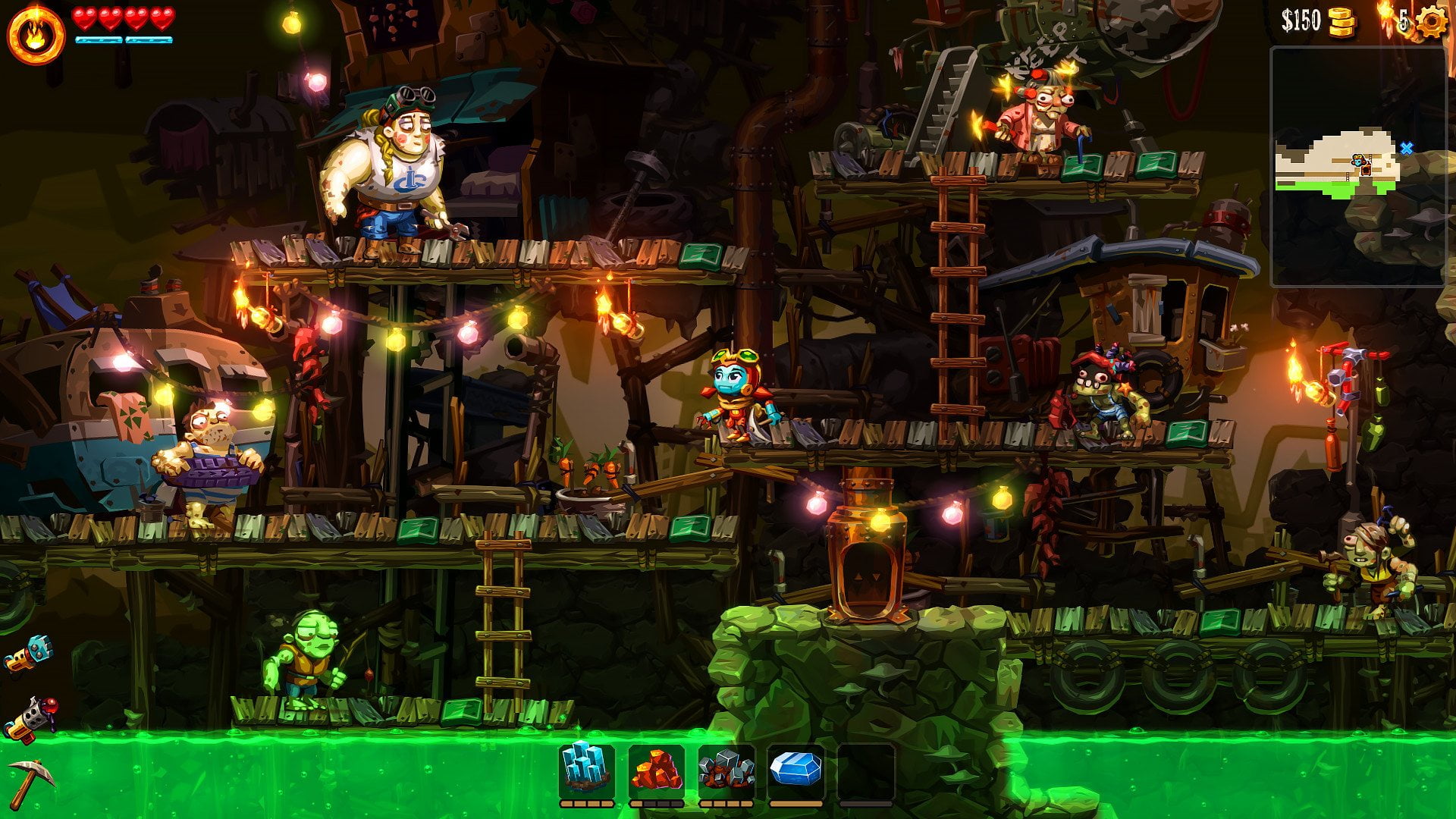
4. SteamWorld Dig 2 (Switch, PS4, PC)
What if Dig Dug had a child? It’d be Mr. Driller, right (that’s canonically accurate)? What if Dig Dug and Samus Aran from Metroid had a child? It would be Dorothy from SteamWorld Dig 2.
The previous SteamWorld games have been fun and inventive, but none of them really grabbed me like this one. From the digging mechanics to the Metroidvania world design, everything in the game feels tight and tuned perfectly. But more than that, it’s just fun to play. There’s a “just one more go” feeling that keeps you playing long after you planned to quit. The characters are amusing and the story even builds to some interesting reveals.
Still, I think the element that most gripped me was the inversion of the Metroidvania formula. It usually relies on gaining extra jump height or a special key to access areas you could only see before. Dorothy does gain some of those abilities, but mostly she learns to dig through new materials. That means you can mostly see the world from the beginning of the game, but you’re just figuring out how to get there. It takes an old formula and makes it feel fresh with one simple mechanic–one that Dig Dug showed us so long ago.
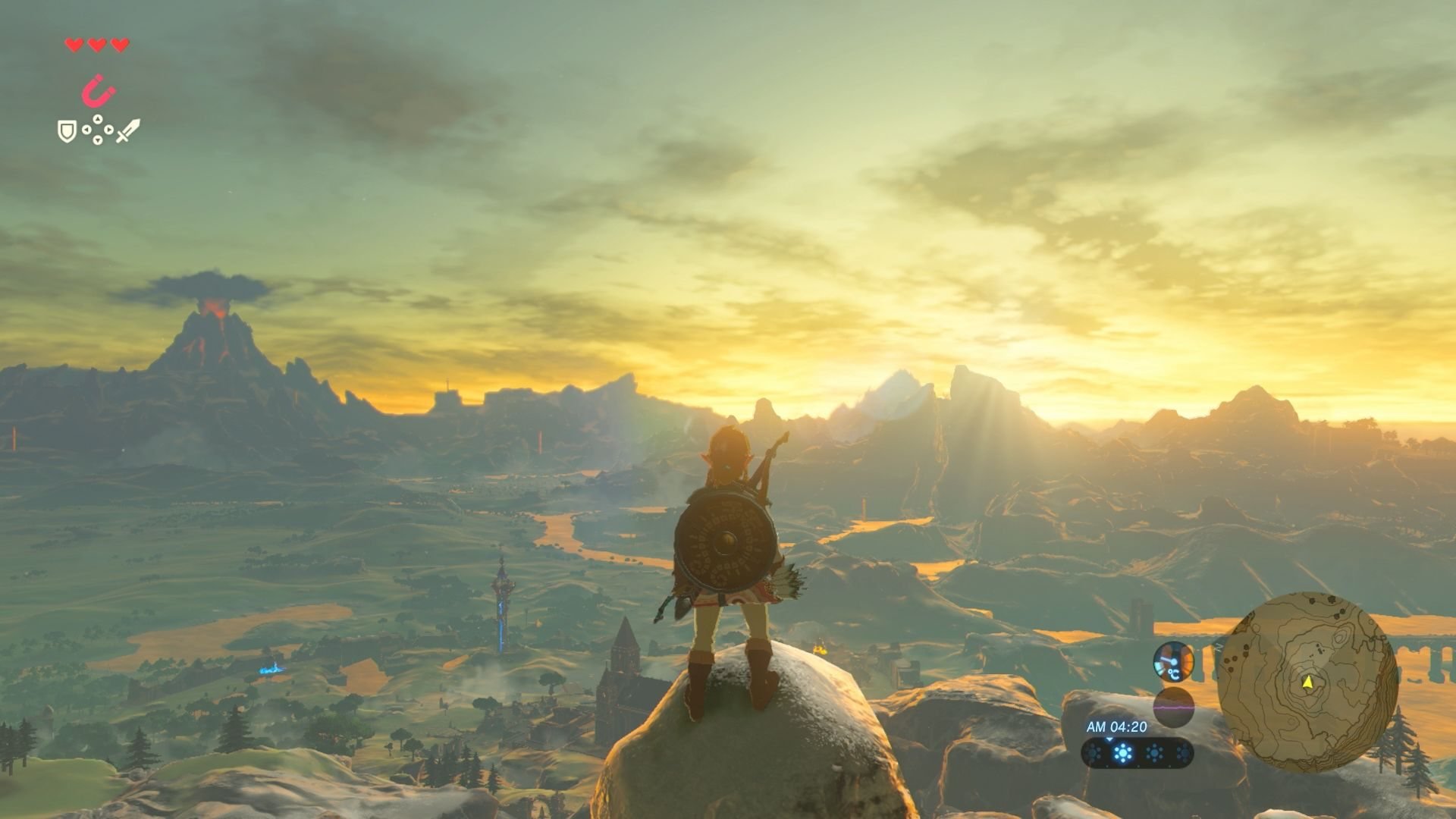
3. The Legend of Zelda: Breath of the Wild (Switch)
Like last year’s Doom reboot, this game is both a reinvention of the series and a return to its roots. No game in the franchise has felt truer to the original NES game than this one. With minimal setup, you’re thrust into a huge world and set free to explore and discover. While comparisons to titles like Skyrim were inevitable, the world of Hyrule feels so much more dense and alive than any of the Elder Scrolls titles.
I was constantly stumbling into new areas and discovering new ways to complete tasks and battle enemies. The developers kept noting that if you see a mountain, you can get to it. Lots of game have promised this, but short of glitching the game it was hard to actually scale your way up. Not so in Breath of the Wild and that freedom adds so much to the game. Since the developers know you can easily explore every nook and cranny, they populate the furthest reaches with surprises. I put in dozens of hours and I know there are areas I still missed.
After Breath of the Wild it’s hard to imagine open world games going back to the way they used to be. Every developer will need to step up their game as Nintendo has. That’s the sign of a truly transformative game. In a franchise as storied as this one, it’s no small compliment when I say it makes a strong (if not complete) argument to being the best.
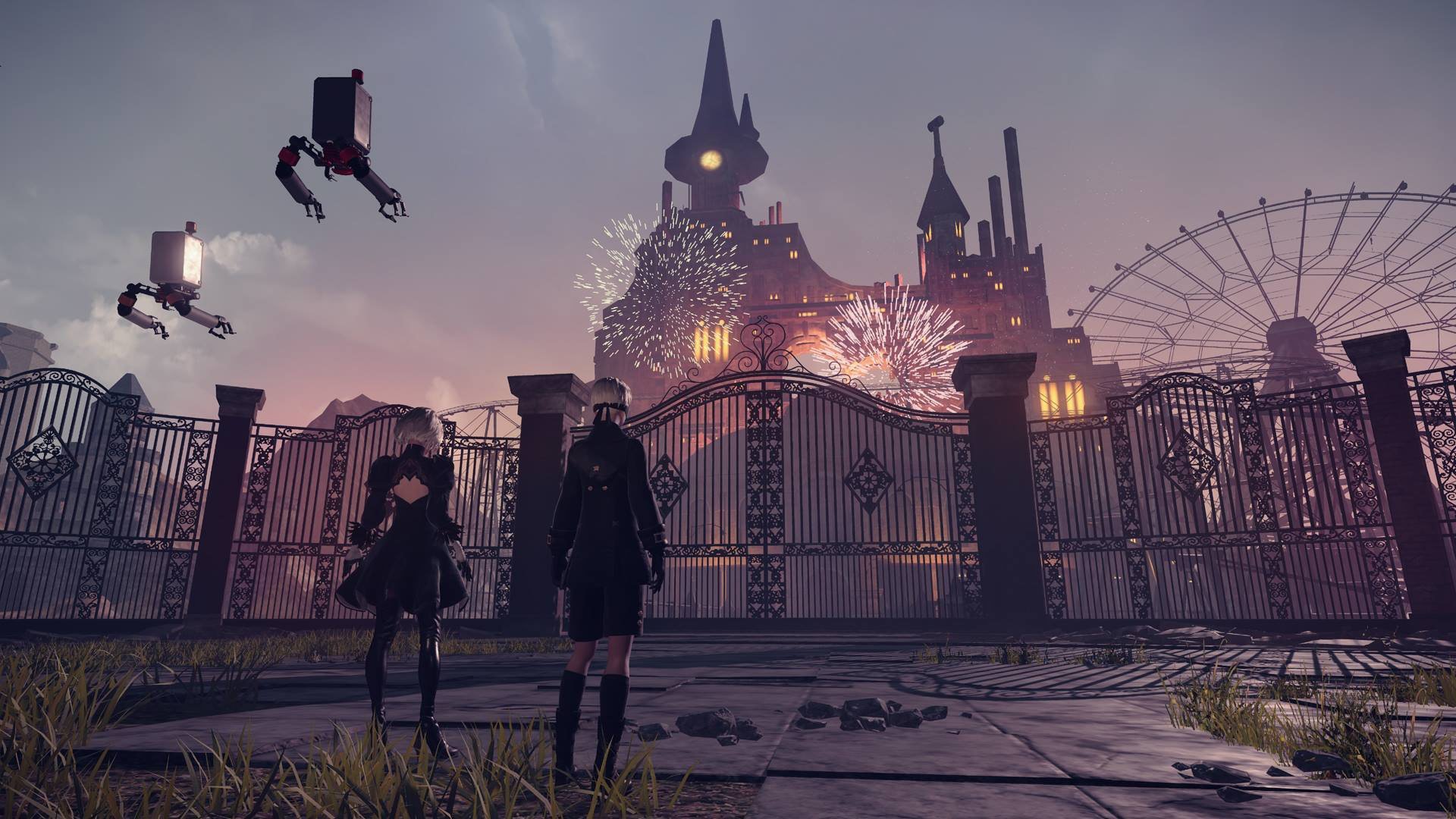
2. NeiR: Automata (PS4, PC)
NeiR is probably the most important game of the year. It’s the game that would win the Oscar for best picture. It’s the game people will be writing academic papers about five years from now. So, understand it is with high praise I slot it in at second place.
What is NeiR? It’s an action-RPG from Platinum Games, the makers of such classics as Bayonetta and Metal Gear Rising. It’s about androids in a never-ending war against robot invaders from space. If that all sounds fairly pedantic, well, that’s sort of the point. The game you set down to play with the story you think you’re being told isn’t the real NeiR. In fact, the real NeiR doesn’t truly start revealing itself until you’ve beat it once…twice…three times or more.
Yeah, it’s that kind of game that unravels like an onion, but even that’s not what makes NeiR so memorable. It’s the reasons it unfolds like it does and the greater story it’s telling, but also the themes underlying it all. It’s basically asking big sweeping questions about the nature of both being human and being decent. It’s a game about existentialism. All of this culminates in a pitch perfect ending that made me walk away from the game for a while just to consider what I had just experienced. More importantly–those themes have stuck with me weeks after finishing the game. To fully explain it would ruin some of the magic while also robbing it of the personal themes you build with the characters. It truly is a remarkable experience not to be missed.
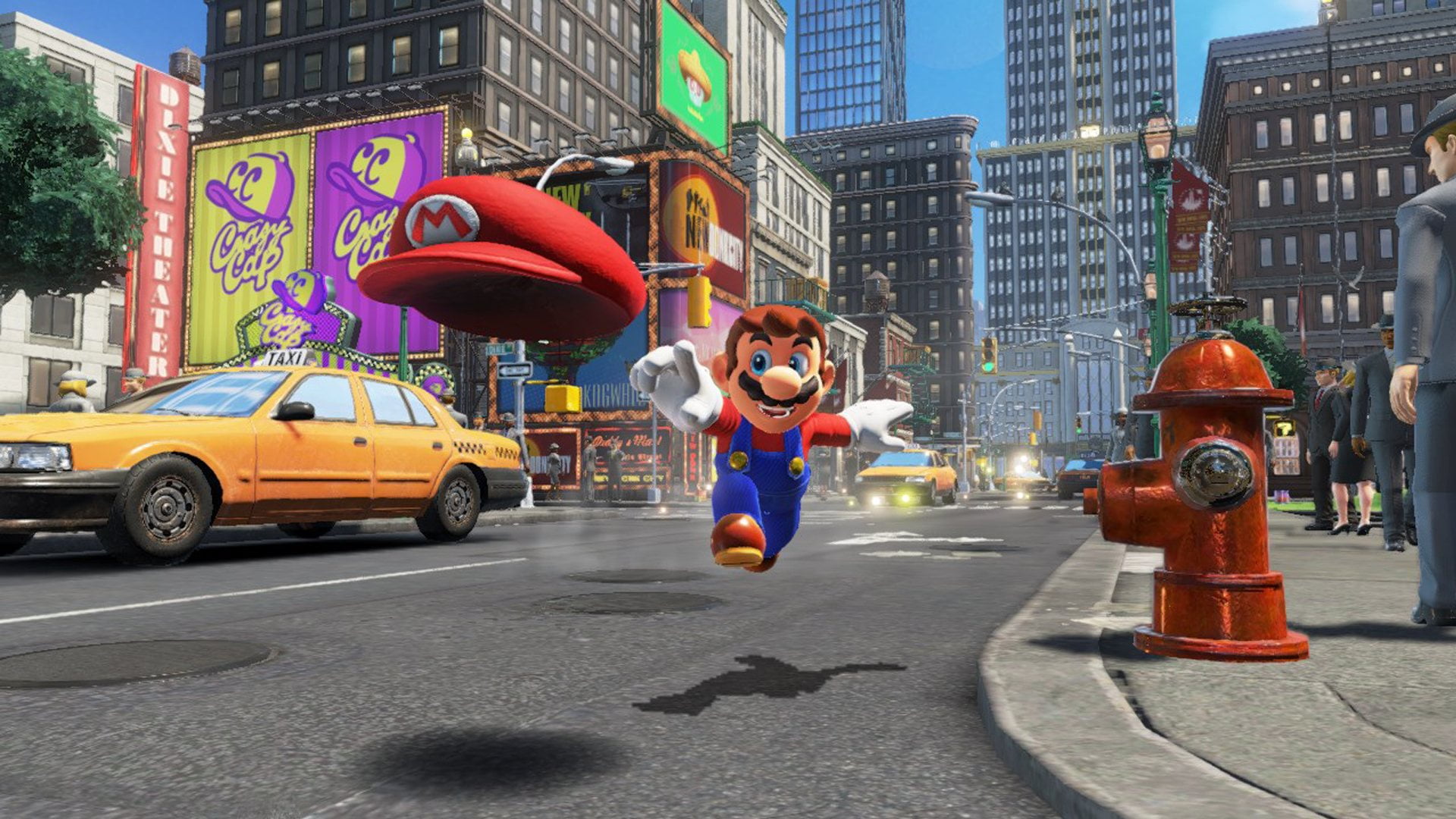
1. Super Mario Odyssey (Switch)
While I’ve praised a lot of the games of this list for inventive storytelling and challenging narratives, my favorite title is simply the most fun. When a trailer was shown at this year’s E3 it was hard to wrap your head around exactly what kind of game this was. There was a tyrannosaurus rex, Mario possessing Goombas and a bizarro Bowser in a wedding tuxedo. Mario games have always been weird, but this one really seemed to be pushing it.
When I finally got my hands on it, though, I couldn’t put it down. Honestly, what separates Super Mario Odyssey from every other game on this list is that I never stopped playing it. Before I went to bed. When I woke up in the morning. Even at work (shh!). I couldn’t get enough of its time-tested tight gameplay. No other game this year felt as great as Mario–not even Zelda. If you missed a jump, you knew it was your fault. If you thought you could backflip off the wall and glide over to the other wall–you definitely could.
That’s expected of a Mario game, however. Layered on top was constant inventiveness. The moons you’re collecting come fast and furious but with almost no two alike. You may be running across corn-on-the-cob one moment to jumping into a movie theater screen the next. Moments like the festival in New Donk City are among not just the best moments of the year in gaming, but some of the best ever. Other games wowed me in particular areas, but no other game kept me smiling constantly like Super Mario Odyssey did. It’s pure joy.

